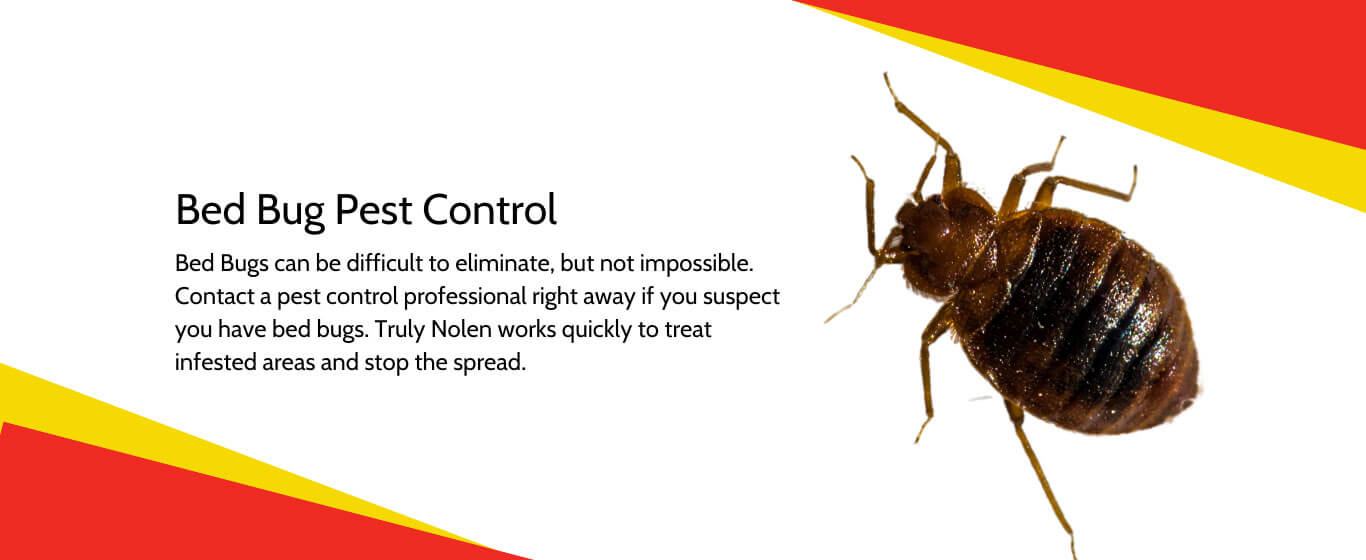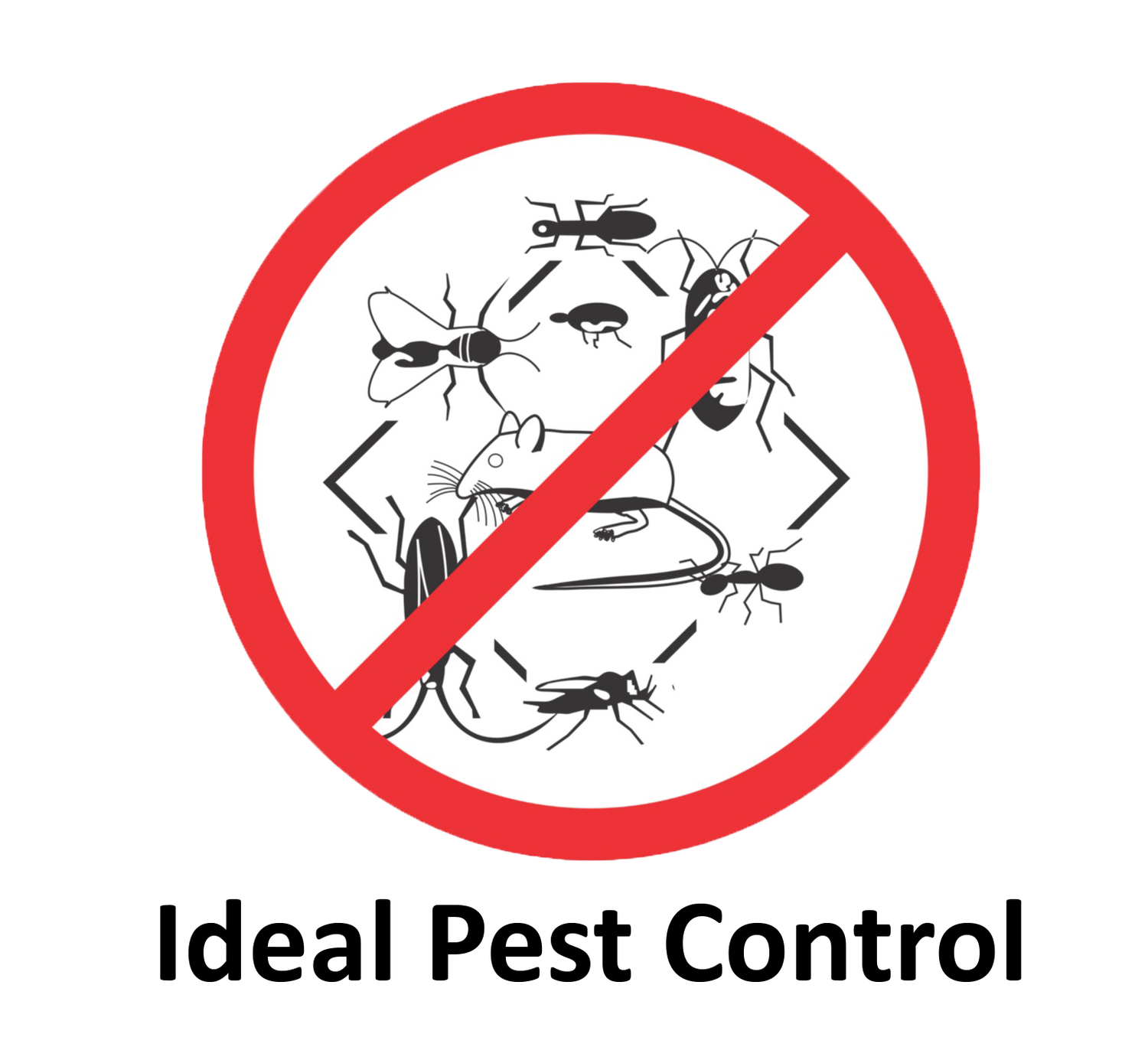Safe and Trustworthy Parasite Control for Lasting Protection
Reliable bug monitoring requires a complex technique that balances ecological honesty with the demand for efficient insect reductions. The subtleties of these approaches may not be promptly clear, prompting a more detailed exam of the techniques that can lead to lasting insect control end results.
Comprehending Insect Control Methods
Bug control encompasses a range of techniques focused on managing and eradicating unwanted insects and rats that can threaten both health and home. Recognizing these techniques is essential for reliable parasite management.
The key groups of pest control methods include mechanical, biological, and chemical techniques. Mechanical approaches include physical barriers and traps to avoid insect entrance and capture unwanted species. For example, using displays on windows or employing sticky traps can considerably reduce bug populaces without presenting unsafe compounds.

Chemical parasite control is commonly the most acknowledged method, making use of chemicals to remove insects. These chemicals can be reliable but have to be used with caution to avoid adverse effects on non-target species and the environment.
Advantages of Eco-Friendly Solutions
Exactly how can green options transform bug control methods? The adoption of environment-friendly bug control approaches provides countless benefits, dramatically enhancing the effectiveness and safety of pest monitoring.

One more advantage is the favorable influence on local biodiversity. Environmentally friendly remedies are designed to target specific parasites while preserving helpful insects and wildlife, promoting a balanced environment. This method straightens with the expanding consumer need for lasting techniques, enhancing the credibility of parasite control providers.
Integrated Insect Management Techniques
The application of green solutions normally causes the fostering of Integrated Bug Monitoring (IPM) approaches, which additionally boost parasite control efficiency. IPM is an all natural approach that incorporates numerous strategies to handle insect populations while lessening ecological impact. This strategy emphasizes making use of organic, social, mechanical, and chemical controls, making certain a balanced and lasting approach of bug monitoring.
One basic facet of IPM is the complete evaluation of parasite task and environmental problems. By checking bug populations and identifying their life process, professionals can execute targeted interventions that interrupt the insect's habitat or lifecycle, minimizing reliance on chemical pesticides. In addition, cultural methods such as plant turning and environment manipulation can dramatically reduce bug facility and reproduction.
Another crucial element is using organic control agents, such as valuable pests or microorganisms, which can normally subdue insect populaces. When chemical applications are essential, IPM focuses on using low-risk chemicals and applies them precisely, lessening exposure to non-target organisms and human beings.
Integrating IPM methods not only improves parasite control effectiveness however additionally advertises a much safer community, aligning with the expanding demand for sustainable techniques in parasite monitoring.
Safe Practices for House Owners
Understanding the importance of secure techniques in parasite control can equip home owners to successfully take care of insect problems while guarding their health and wellness and the environment. Applying non-toxic techniques and preventive procedures is essential in decreasing exposure to damaging chemicals.
House owners need to initially assess their environment for problems that attract pests, such as standing water, clutter, and food waste. Regularly cleaning and sealing entry factors can deter insects from invading the home. Utilizing natural deterrents, such as vital oils or diatomaceous earth, can supply efficient alternatives to chemical pesticides.
When chemical therapies are needed, homeowners ought to go with items that are especially labeled as risk-free for household usage. It is important to adhere to application standards thoroughly to prevent too much exposure. Making use of targeted treatments in locations where parasites are recognized, instead than covering spraying, can considerably decrease chemical use.
Last but not least, keeping open interaction with insect control professionals is crucial. Home owners need to ask about the security of products utilized and request green options whenever feasible. By embracing these safe methods, homeowners can produce a healthier living setting while efficiently managing insect concerns.

Tips for Long-Term Security
Establishing a pest management approach that highlights long-term defense can substantially improve the efficiency of the safe practices formerly reviewed. To accomplish this, homeowners need to carry out regular assessments of their home, concentrating on hidden areas such as attic rooms, basements, and look at more info crawl rooms. Early detection of pest task is important in preventing problems from holding.
These methods minimize attractants that draw insects right into the home. Sealing entrance factors, such as cracks around home windows and doors, can properly block potential insect accessibility.
Landscaping ought to additionally be considered; maintaining plants cut and keeping a range in between vegetation and the home lessens concealing places for pests. Using natural deterrents, such as vital oils or diatomaceous earth, can even more dissuade invasions without resorting to harsh chemicals.
Lastly, collaborating with an expert pest control service for routine assessments can offer an additional layer of safety and security. These professionals can use customized recommendations and progressed treatments, making sure that your home continues to be shielded versus insects in the long-term.
Conclusion
In final thought, secure and trusted view publisher site parasite control needs a multifaceted approach that stresses eco-friendly methods and incorporated insect management. By implementing all-natural deterrents, conducting regular examinations, and preserving appropriate sanitation, homeowner can considerably lower insect populations while shielding useful insects and the atmosphere. Partnership with professional parasite control services improves the effectiveness of these approaches, making sure tailored services that offer long lasting protection and comfort versus future infestations.
Effective bug administration needs a complex strategy that balances eco-friendly stability with the demand for efficient parasite reductions. The adoption of environmentally friendly bug control methods uses numerous benefits, dramatically enhancing the performance and safety of insect monitoring.The implementation of environment-friendly solutions naturally leads to the fostering of Integrated Pest Administration (IPM) methods, which better enhance insect control efficiency. exterminator coquitlam. By keeping track of bug populaces and identifying their life cycles, professionals can execute targeted interventions that interrupt the bug's environment or lifecycle, minimizing reliance on chemical pesticides.In conclusion, trustworthy and secure bug control address calls for a diverse method that highlights green approaches and incorporated bug management